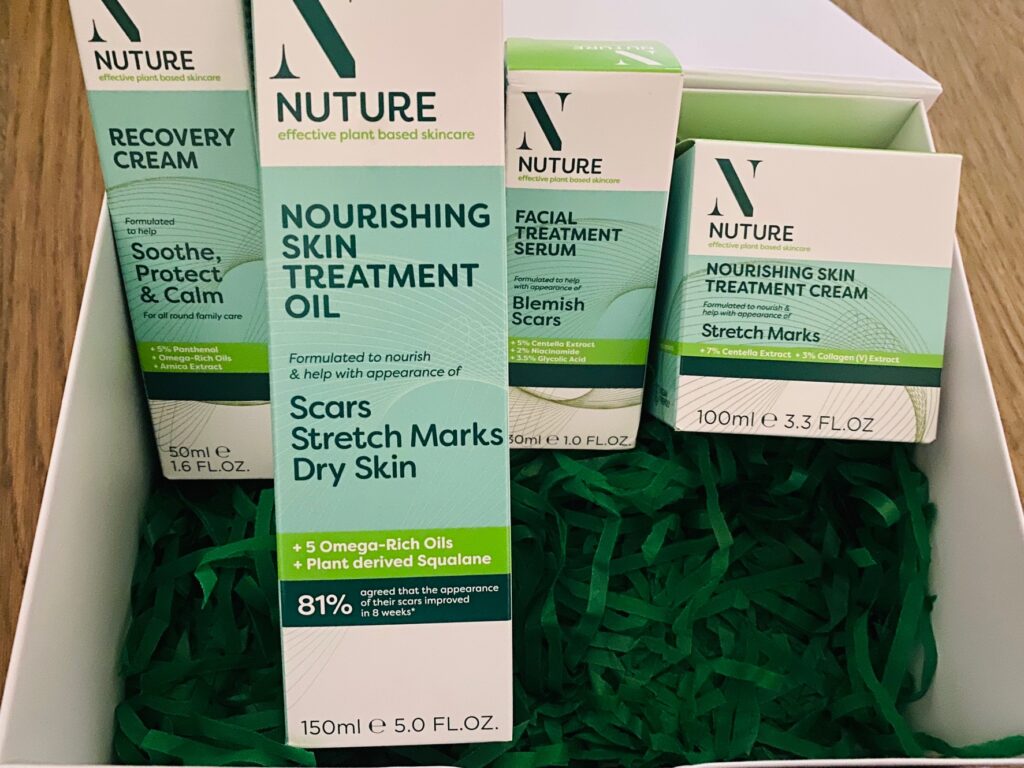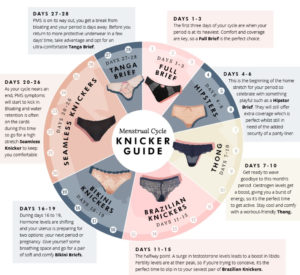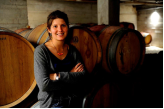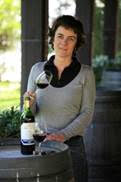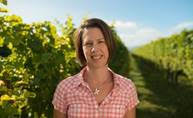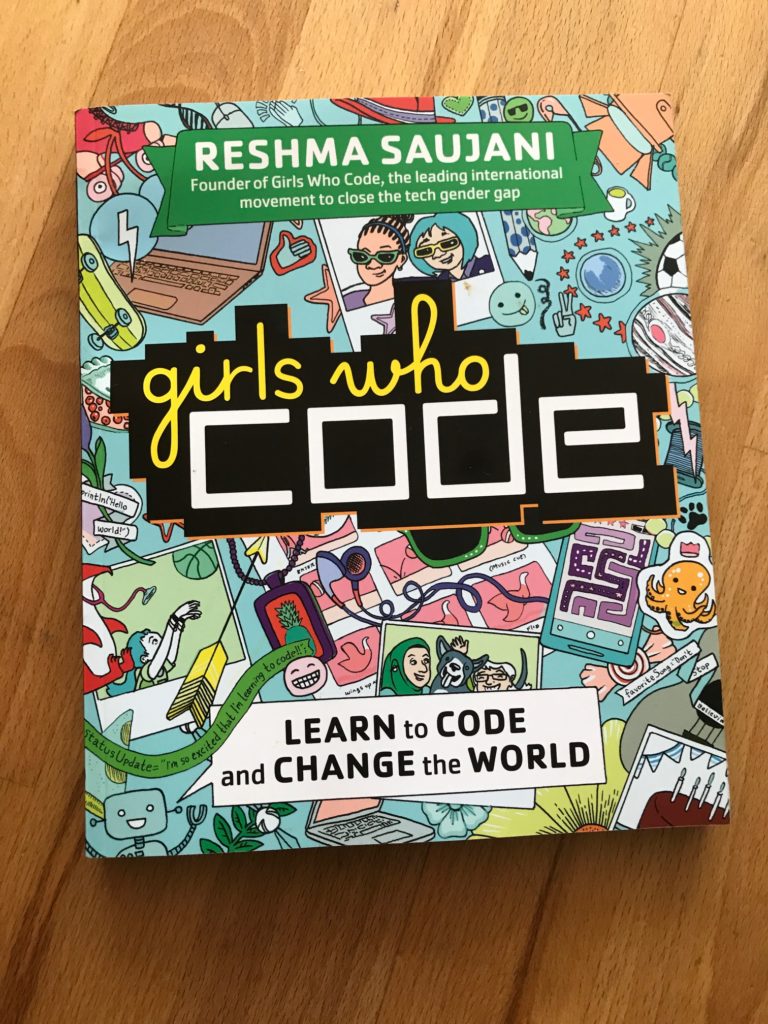Nuture is the new and effective plant-based skincare brand that is here on this journey called life, every step of the way, to care for you and your skin concerns, including scars, stretch marks and post blemish marks. With its innovative range of nurturing and caring products inspired by nature, Nuture’s ethos is deep rooted in creating products from safe and cleaner ingredients. Because we know that nature is the best cure of all.
Scars and stretch marks are not something to hide. They are your history written on your body. They are experiences gained. And they’re something to be proud of. Everyone has their own story of finding strength in unexpected ways, and that is something to never feel ashamed or embarrassed of, but always be proud of.
From a Nourishing Skin Treatment to a Facial Treatment Serum, the vegan-friendly range from Nuture uses a unique blend of plant-based omega-rich oils with high performing nature actives, like Squalane, Centella and Grapeseed Oil, a natural source of Vitamin E, to deliver a positive impact on your skin. There are no questionable ingredients like mineral oil, artificial fragrances or colours, parabens or silicones in Nuture’s range – we let nature take its course and care for your skin the good way.
Nuture wants everyone to feel confident and accepting of their scars, stretch marks and imperfections through the pure power of nature. Nuture is there for you and your daily life, when experiences both good and bad, leave their mark.
The full range includes:
Nuture Nourishing Skin Treatment Oil:
A deeply nourishing and restorative oil that helps to visibly reduce the appearance of scars and stretch marks in just 8 weeks*. The light- weight oil, which is easily and quickly absorbed, works to soothe skin and replenish hydration for improved elasticity, whilst also helping assist the skin to become more supple.
RRP: 150ml bottle with spray £17.99, 50ml bottle with pipette £8.99
Nuture Skin Treatment Cream:
A rich, luxurious cream that helps improve the appearance of both old and new stretch marks. Crafted with ultra-nourishing Shea Butter and Coconut Oil, along with omega-rich oils Grapeseed, a naturally derived source of Vitamin E and Sweet Almond. The cream works to provide intense moisturisation and elasticity while helping to improve tone and texture. Formulated to help all kinds of stretch marks, this is the perfect complement to our Skincare Treatment Oil, helping to promote the appearance of firmer, toned, more even skin.
RRP: 100ml Jar £12.99
Nuture Facial Treatment Serum:
With a unique ingredient blend, this facial serum helps to reduce post-blemish marks and hyperpigmentation. It helps to brighten skin and reduce the appearance of dark spots and skin discolouration
for a more even skin tone. It works to soothe and nourish the skin and help even out skin tone, it is also suitable for people with oily and combination skin. For best results use after cleansing but
before moisturising. The serum can also be used for any areas of hyperpigmentation on your hands or neck.
RRP: 30ml bottle with pipette £15.99
Nuture Family** Recovery Cream:
Take care of delicate skin with our multi-purpose skincare remedy whenever you need a little helping hand. This highly effective repairing cream works to gently soothe bumps and protect upset and dry skin, helping to restore its natural moisture level. Useful tips: the cream is perfect for soothing and calming mild sunburn and is a great go-to for annoying little insect bites.
RRP: 50ml tube £8.99
Stockists: Available in Boots.com now and Amazon.co.uk from November
*Based on an 8 week in-home trial on stretch marks by 111 female panellists aged 18-60, and a 8 week in-home trial on scars by 113 female panellists aged 18-60. Stretch marks are influenced by many factors including diet, skin type and genetics. Results will vary from individual to individual.
**Nuture Family Recovery Cream is suitable for children over the ages of 6 months and they are encouraged to be patch tested before us
We love these products because they are plant based and Nuture have a great ethos. The products really work and feel great on the skin. Frost loves.

